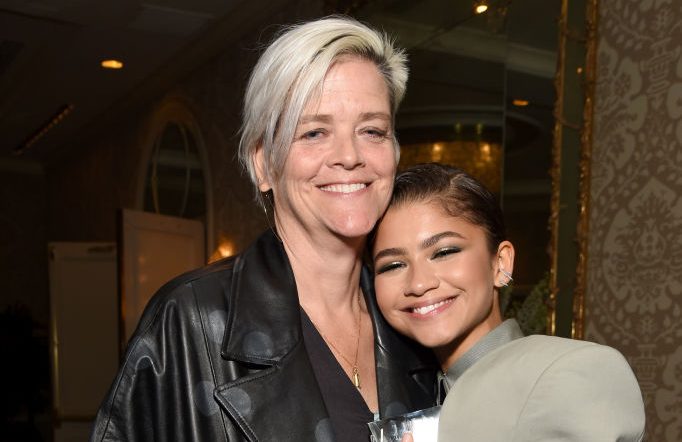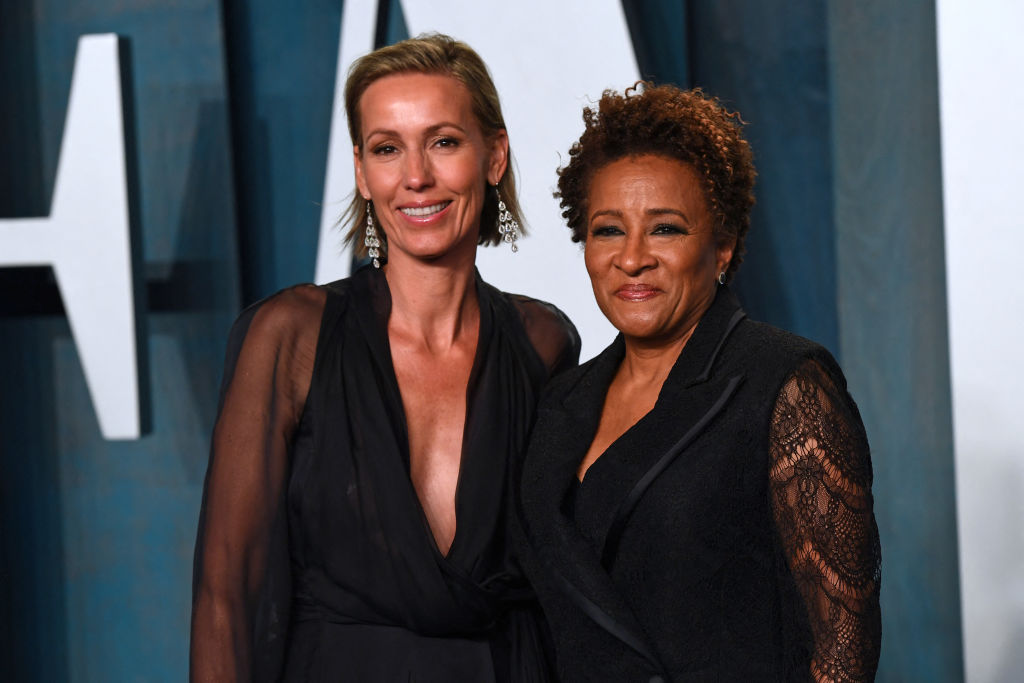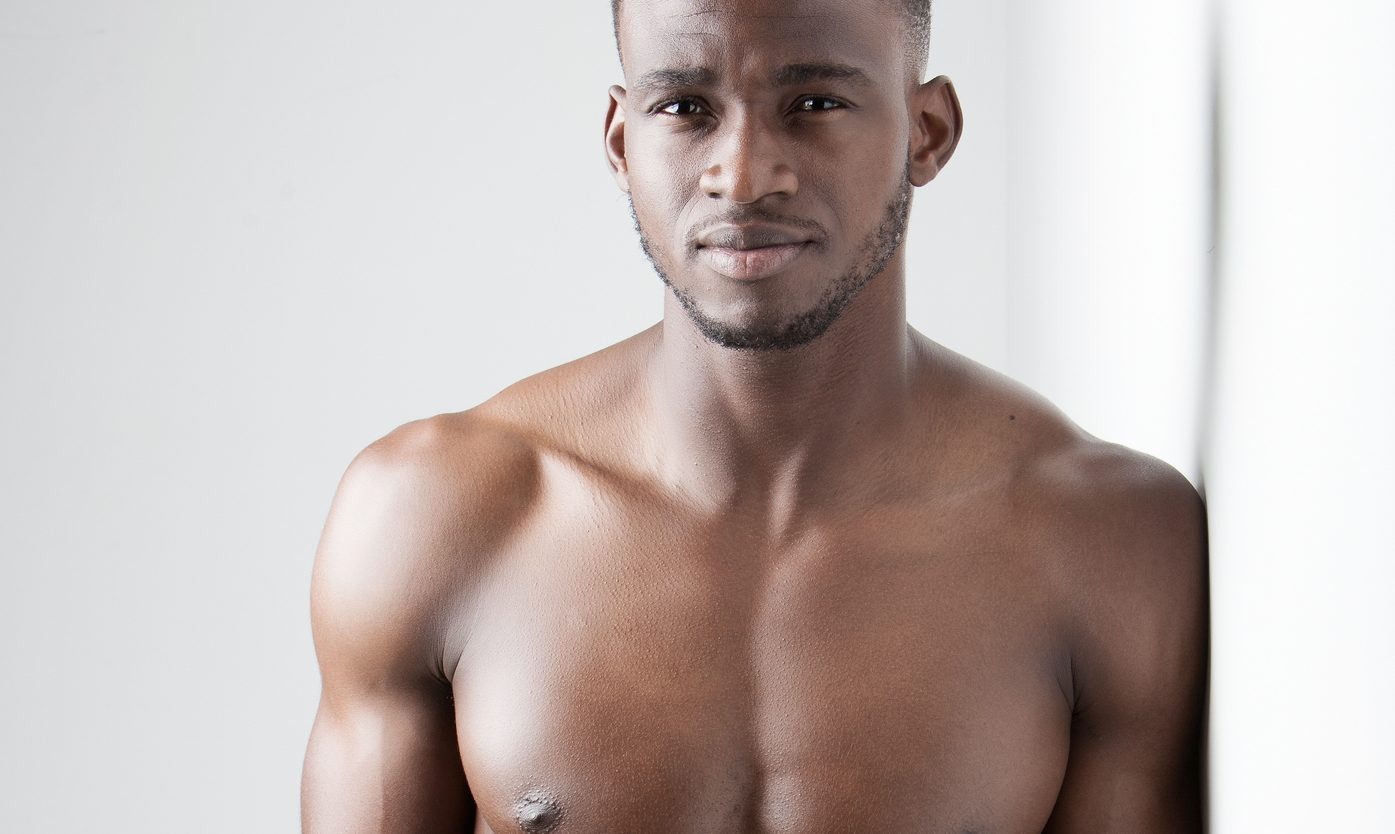An Open Letter To Jess Hilarious From Dominique Morgan
A Love Letter to Jess Hilarious And To Every Black Woman Wrestling With This Conversation - Page 3
Share the post
Share this link via
Or copy link

On safety, sisterhood, and the systems that divide us.
Dear Jess, and dear sis reading this who might see a piece of herself in Jess,
I want to begin with love.
Not a performance of love. Not the kind of love that hides the truth to keep the peace. I mean that real, bloodline, legacy kind of love. The kind of love that Black women have always had for each other. The kind that holds your hand and your shadow. The kind that says, “I’m not going anywhere—but I am going to tell you the truth.”
So let’s start there.
When I heard your recent exchange on “The Breakfast Club,” Jess, my first emotion wasn’t outrage; it was heartbreak. And not just because of what was said about Black Trans women. My heartbreak came from how familiar the pain underneath your words felt.
You talked about people constantly questioning your womanhood. About feeling like you can’t just be, without defending yourself. About being pregnant in a professional space and not feeling free to celebrate it. About the exhaustion of having to explain your existence over and over again.
I’ve lived that, too.
Love MadameNoire? Get more! Join the MadameNoire Newsletter
We care about your data. See our privacy policy.
But here’s the part that hurts in a different way: Even though I know that pain, I also know you don’t see me, at least not yet, as someone who understands you. That’s the lie we’ve been fed. That we, as Black women—especially Trans and Cis—are not on the same side. That we’re competitors for crumbs. That only one of us gets to be seen as real at a time.
And I need you to know: That lie is killing us.
RELATED CONTENT: Jess Hilarious Speaks On Baby Daddy Fumbling Her And Co-Parenting With Him
Sis, I see you—and I see how the world has tried to erase you
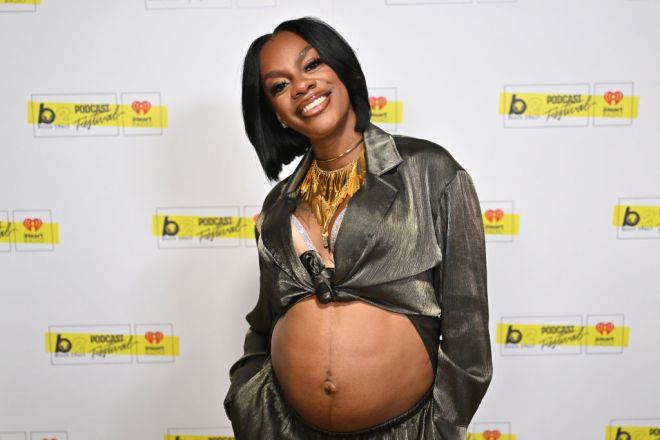
Jess, and every woman who’s been misgendered, dismissed, or called “manly” for being tall, or loud, or strong, or successful: I see how deeply that cuts. I see the confusion and hurt when someone weaponizes the idea of being Trans to try to invalidate your womanhood. That’s not okay. It’s never been okay.
But the truth is that hurt didn’t start with Trans women.
That hurt was born from white supremacy. From patriarchy. From misogynoir. It was born in systems designed to devalue Black women’s bodies, voices, and softness.
And while I understand the urge to strike back—to reassert your womanhood in the face of doubt—I need to lovingly say: don’t do it by throwing us under the bus.
Because I promise you, Black Trans women are not your enemy. We’re your reflection.
We are two sides of the same coin.
We’ve both been told we’re too much. Too loud. Too masculine. Too opinionated. Too emotional. We’ve both had to work twice as hard to be taken seriously. We’ve both been fetishized, feared, and forgotten—sometimes all at once.
The difference? I’ve been called a man because I’m a Trans woman. You’ve been called a man because the world can’t make peace with a powerful Black woman who doesn’t shrink.
But in both cases, the harm came from the same source.
Let’s talk about safety. Not the performance of it—the actual experience of it.
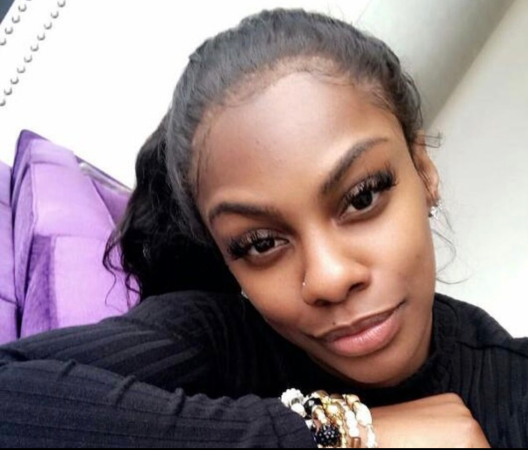
Every Black woman I know—Trans or Cis—is just trying to feel safe.
We are begging for spaces where we don’t have to armor up just to walk in the room. Where we can be soft without being seen as weak. Where we can be strong without being punished for it. Where our womanhood isn’t constantly questioned.
And when I hear my Cis sisters talk about Trans women “invading” spaces, I hear the fear underneath. I hear the grief. I hear the worry that, after generations of fighting for even a scrap of respect, now even that is being threatened.
But I want to offer this: We are not the threat. We are the echo.
The echo of a fight we’ve all been in, just on different frequencies.
The problem isn’t that Trans women are being seen; it’s that Cis women still aren’t being seen enough.
What happened on The Breakfast Club wasn’t just harmful—it was a missed moment for all of us
Jess, when you shifted the conversation to Trans folks in a space that was meant to uplift another Black woman, Lynae Vanee, you didn’t just hurt us. You hurt her.
She was sitting right in front of you, ready to share her art, her growth, her story. And in that moment, your fear drowned her out.
This isn’t just about Transphobia. It’s about what happens when we center our own discomfort over someone else’s purpose.
I don’t believe you did it on purpose, but intention doesn’t erase impact.
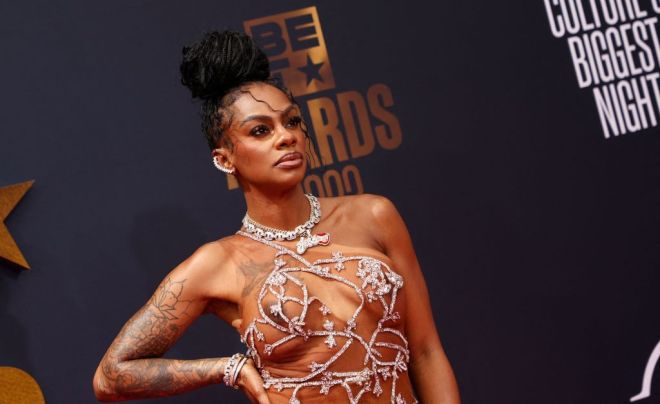
If you had a Black Trans woman beside you, I promise—she would’ve had your back
You talked about being afraid to celebrate your pregnancy. About wondering if the opportunity you were stepping into would still belong to you now that you’re building a family.
Sis, a Black Trans woman would’ve seen that fear immediately. She would’ve reminded you: you deserve to be joyful. She would’ve told you, “You don’t have to choose between career and motherhood,” because we know what it means to fight for everything we have.
If you’ve never had a Black Trans woman as an advocate in your life, you’re missing out.
We don’t just want your seat at the table. We want to build a bigger table with you.
To every Black woman reading this—please, take a breath and ask yourself: who told me to be afraid of her?
Who taught me that another Black woman’s visibility is a threat to mine?
Who benefits when we fight each other instead of the systems that want us both erased? Who wins when we confuse difference with danger?
This is bigger than Jess. This is about all of us.
The truth is: We can’t afford to throw each other away.
Not in this world. Not in this moment.
Liberation is not a solo mission, and if we keep dividing our troops, we’re going to lose the war.
White queer folks have figured out how to perform solidarity with whiteness even when it costs them authenticity. And sometimes, yes, Black queer and Trans folks fall into the same trap—performing allyship with queerness at the cost of our Blackness.
But we don’t have to mimic that.
We don’t have to erase anyone to be free.
We don’t have to understand every detail of someone’s experience to know that they are human—and that Blackness, alone, is enough to demand care.
So Jess—this love letter is for you. And it’s for the sisters who feel how you feel, too.
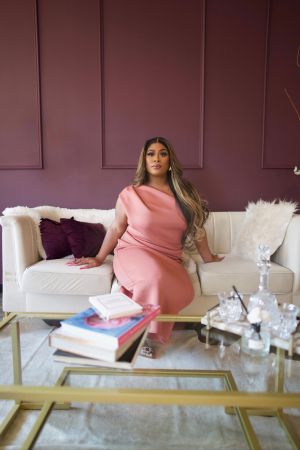
You don’t know me. But I’ve laughed with you. I’ve seen your joy.
And I want you to have everything.
I want you to be happy, safe, thriving, and loved. I want your babies to be proud of you. I want your legacy to include more than just viral clips. I want it to include growth. I want you to feel seen in the deepest, most real way.
Even though you haven’t offered that same vision for me yet, I’m still choosing to love you. Because my love for Black women isn’t transactional.
I’m not waiting for you to get it right to believe in your magic. I’m not waiting for you to apologize to believe in your power.
And I’m not waiting for you to love me before I say, loud and clear:
You are my sister.
So here’s the ask, sis: Can we be brave enough to stay in the room with each other—especially when it gets hard?
Can we stop letting our fear speak louder than our love?
Can we disagree without destroying each other?
Can we remember that every single one of us—Trans, Cis, loud, soft, pregnant, powerful—is a reflection of the divine?
I hope one day you’ll see me as your sister.
But even if you don’t—I’ll still be here, loving you from across the street, hoping the day comes when we can walk toward each other instead of away.
Because Black women deserve to be loved.
And I pray one day you see that I’m a Black woman who deserves to be loved, too. With love and truth,
Dominique
Dominique Morgan (She/Her) is a globally recognized artist, activist, and philanthropic leader transforming how resources support marginalized communities. Dominique is the first Black Trans Woman to have a street named after her and has received the Ten Outstanding Young Americans Award and the NAACP Freedom Fighter Award. Learn more at http://www.dominiquemorgan.com.
RELATED CONTENT: Jess Hilarious Discusses The ‘New’ Yung Miami Hate Train
-

Meet Dominique Fils-Aimé, The Haitian-Canadian Star Redefining Jazz For A New Generation: ‘This is My Vision' [Exclusive]
-

Cooking With Purpose — How Brittney Williams Honors Her Caribbean Roots Through Food
-

9 Famous Lesbian Women Who Were Married To Men
-

Purpose Behind The Lens: How Nate Edwards Films The Extraordinary Inside The Everyday
